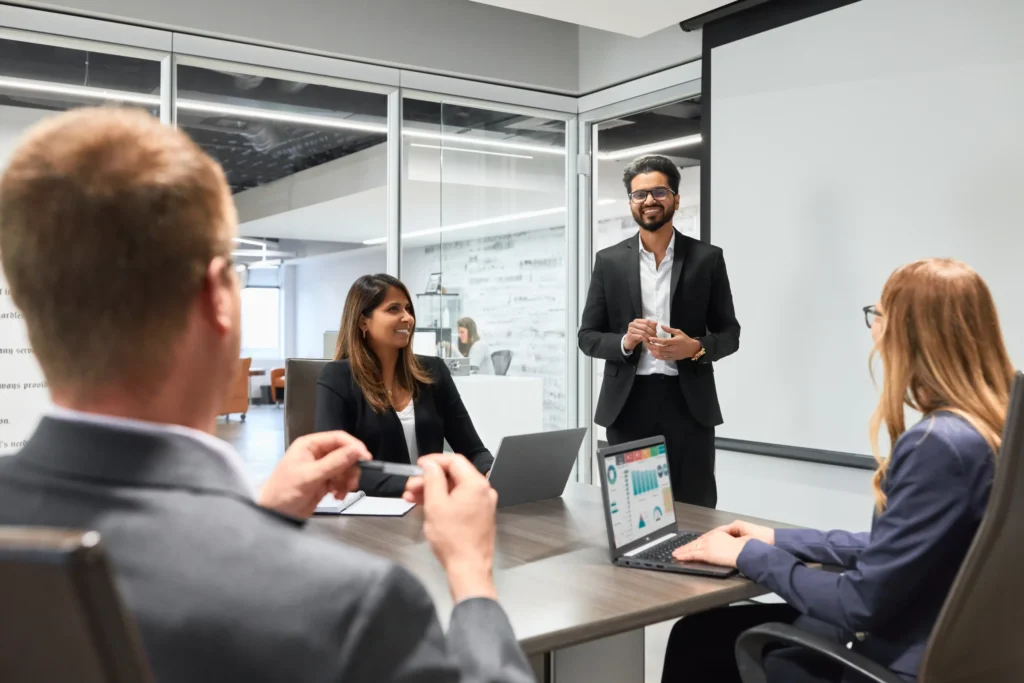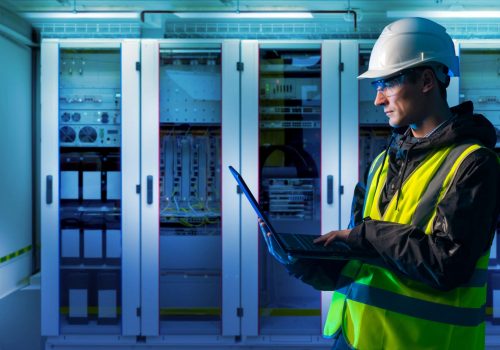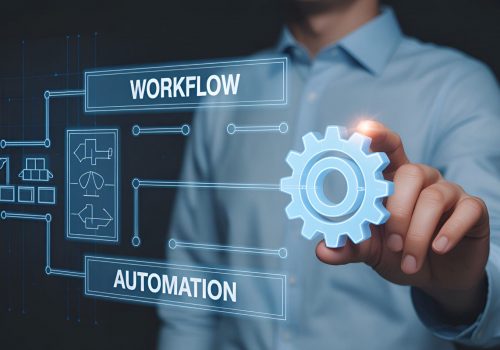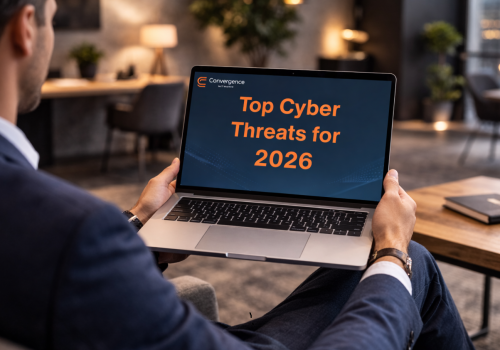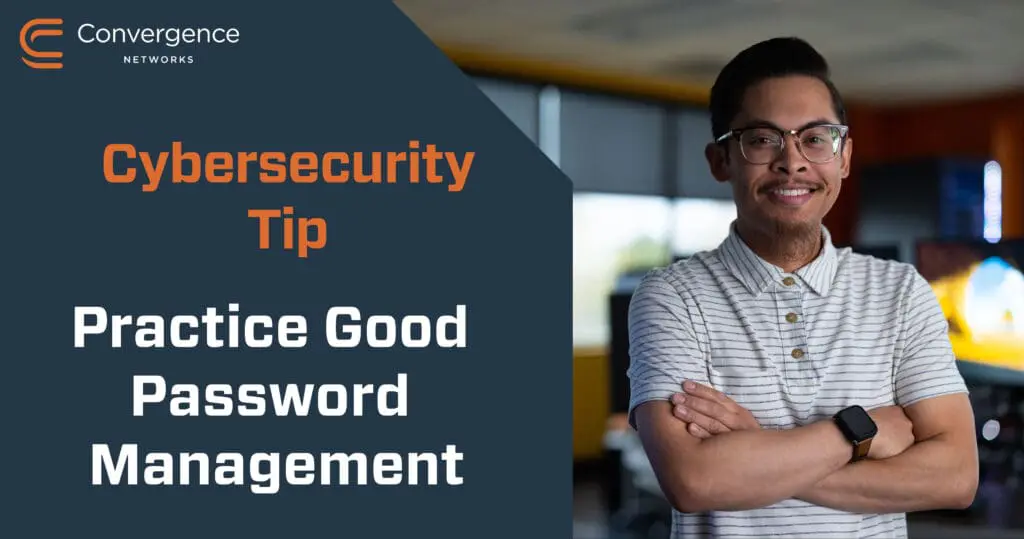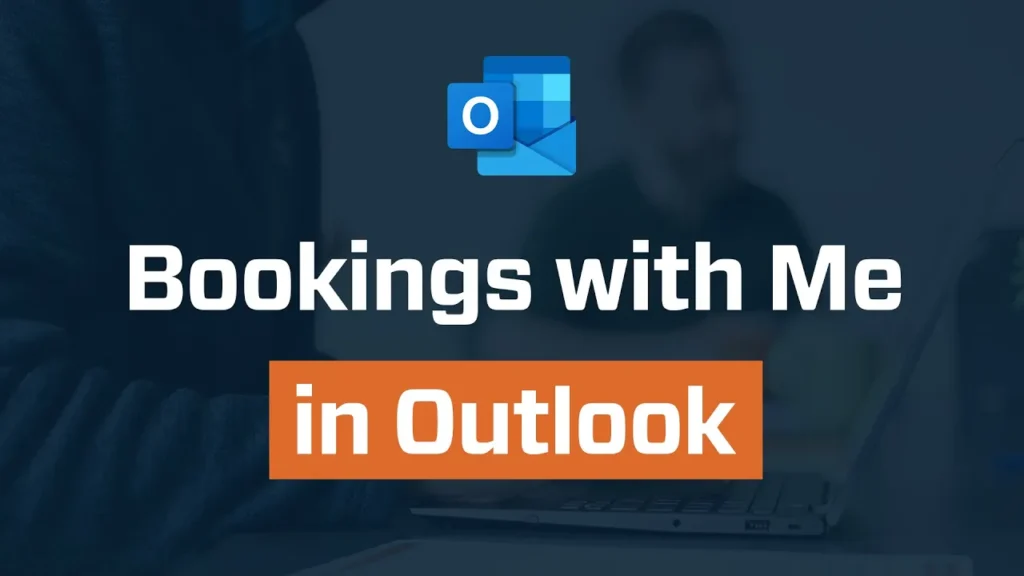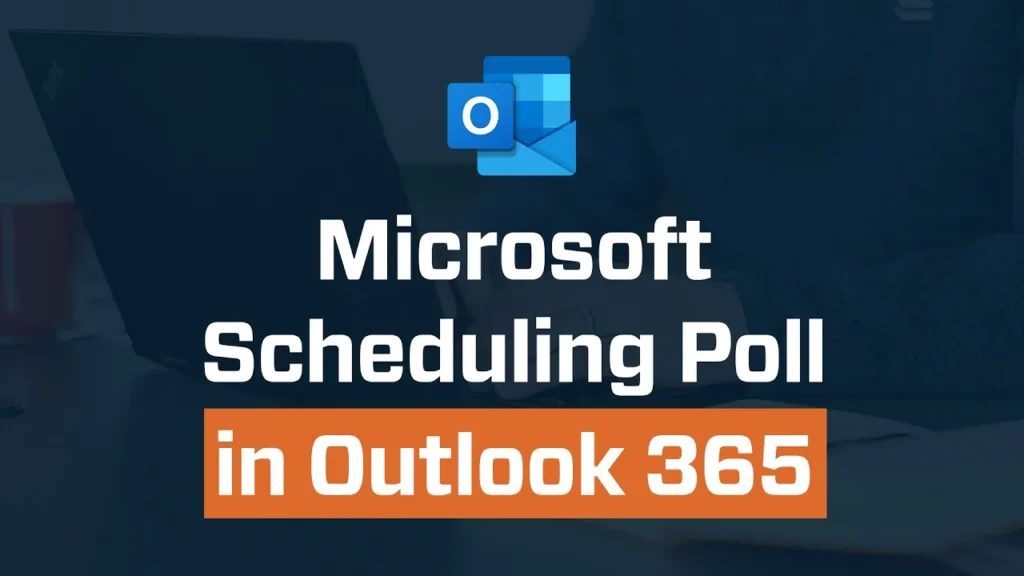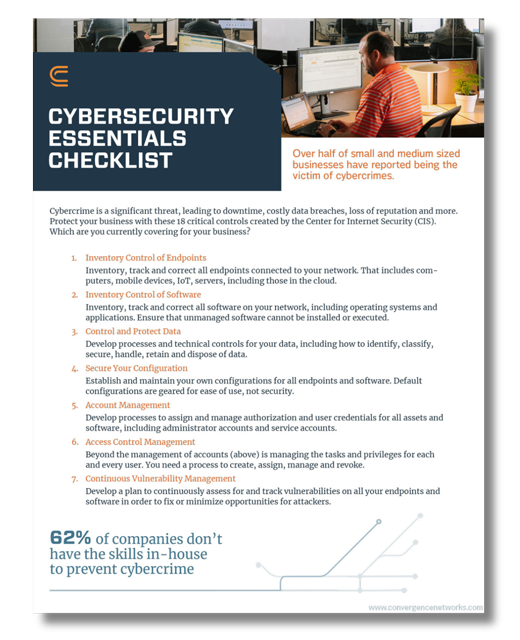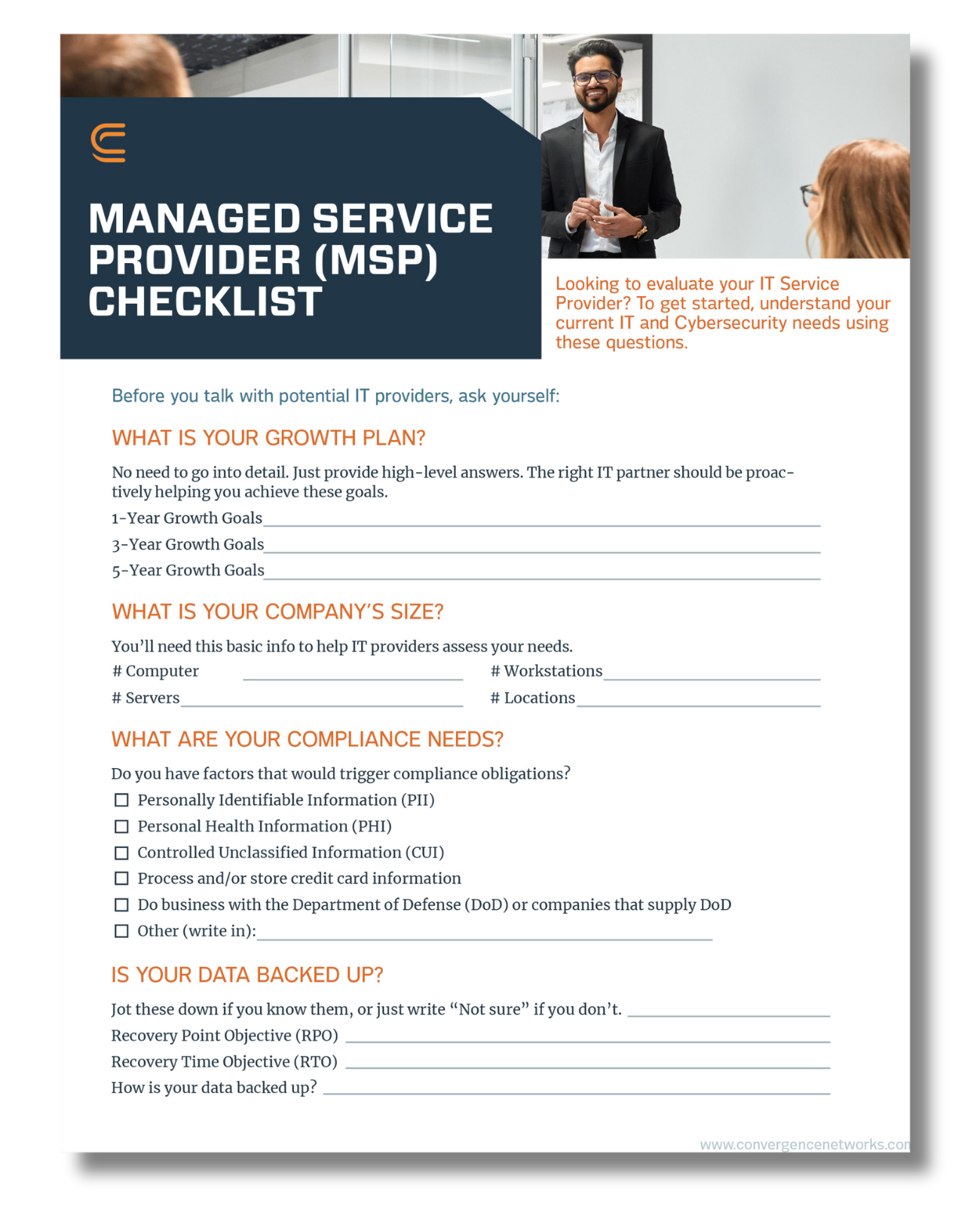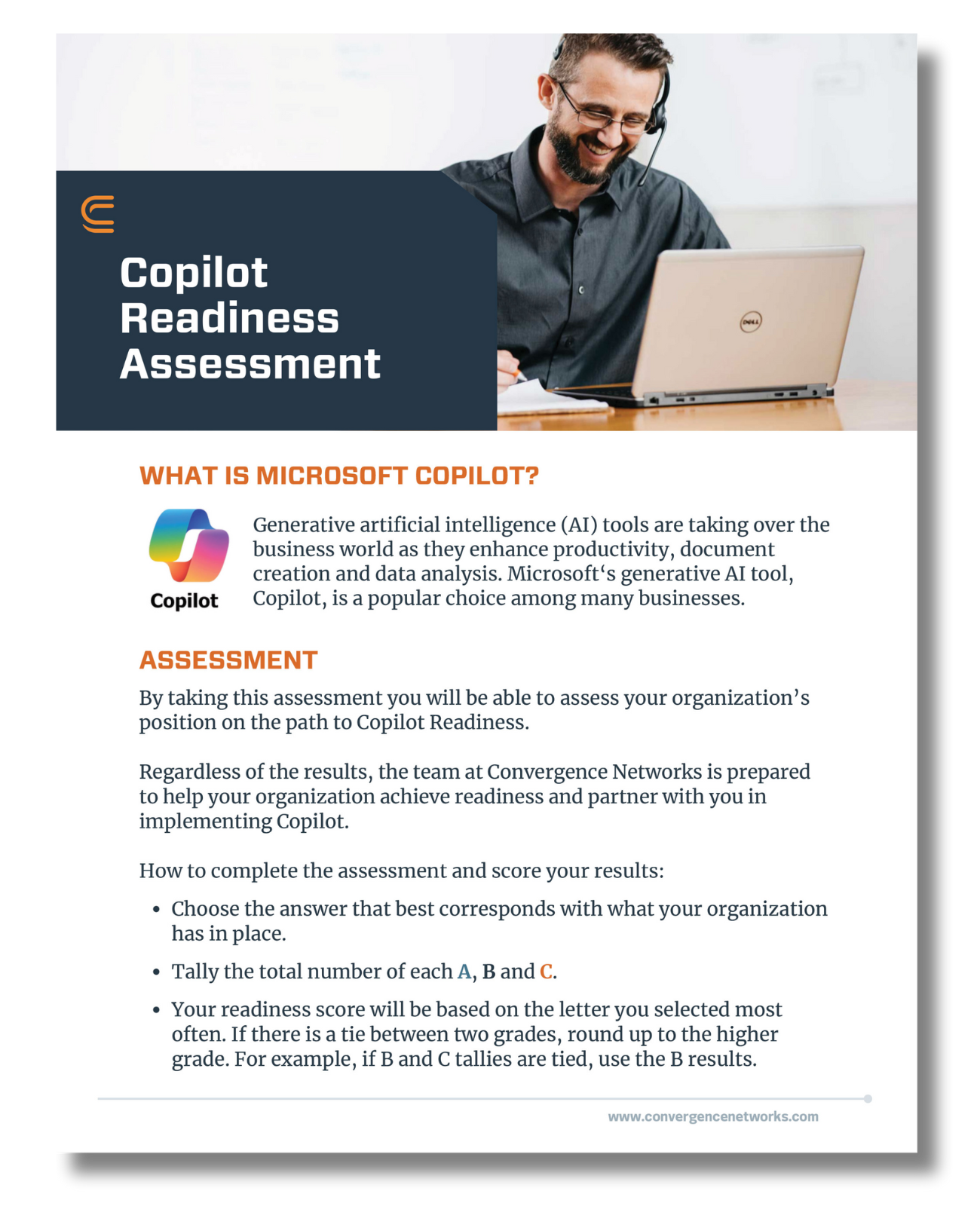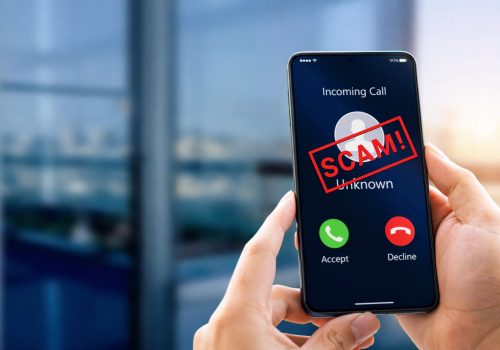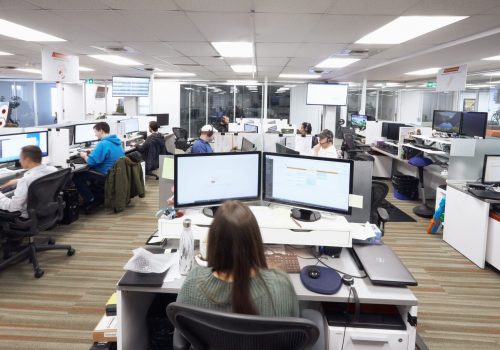At work, you’re likely surrounded by reminders to stay secure, using Multi-Factor Authentication (MFA), VPNs, and strong passwords. But when we get home, many of these habits fall by the wayside. If you’re unsure whether your personal information is as secure as it should be, you’re not alone. Many people aren’t confident in their cybersecurity practices outside of the workplace. Here are a few tips you can use to protect yourself and your family in your personal digital lives.
- Use Multi-Factor Authentication (MFA) for Personal Accounts
Many people use MFA at work to protect business data but don’t extend this practice to their personal accounts. MFA provides an extra layer of security by requiring you to verify your identity through multiple steps. Implementing it across all your important accounts such as email, banking, and social media can prevent hackers from accessing your private information, even if they obtain your password.
- Set Up a Secure Home Wi-Fi Network
A secure home network is the foundation of personal cybersecurity. Start by changing your router’s default password and ensure it’s regularly updated with the latest firmware. Ensure that your router is using a minimum of WPA2 encryption. When possible, monitor when new devices have connected to your wireless network to detect unauthorized devices as soon as they connect. Use unique passwords when using both 5Ghz and 2.4Ghz networks. Devices like smart doorbell cameras and other IoT (Internet of Things) devices can be vulnerable to hacking if your network isn’t secure. Additionally, turning off connected devices when they’re not in use can help prevent potential breaches.
- Is a Personal VPN Right for You?
You may be familiar with VPNs at work, but should you use one at home? Personal VPNs are a good option when you’re connecting to public Wi-Fi, as they help protect your online activity from being tracked. However, they’re not a silver bullet. It’s still essential to follow basic security practices, like ensuring websites you visit are secure (look for “https”), and never sharing sensitive information over untrusted networks.
- Strong, Unique Passwords are Still Key
Using a strong password remains one of the simplest and most effective ways to protect your online accounts. Aim for at least 20 characters, mixing uppercase and lowercase letters, numbers, and symbols. Avoid reusing passwords across multiple sites. Password managers are a great tool to help you generate and store these passwords securely.
Listen to what our Pen-Tester, Raphael Ebba, has to say about good password Management
- Turn Off Wi-Fi and Location Services When Not in Use
When you’re on the go, your phone might automatically connect to open Wi-Fi networks or share your location, which can expose your private data. Make it a habit to turn off Wi-Fi and location services when you’re not using them, especially in public spaces. Though it can seem a bit inconvenient, you should disable your mobile device’s “auto-join” feature for known wireless networks.
- Protect Your Social Media Accounts
Keeping your social media accounts private can prevent unauthorized people from accessing your personal information. This can be especially important if you share a lot about your daily life, family, or location. Be cautious about the information you share and avoid unknown connection requests. Check your privacy settings and limit who can see your posts and personal details.
Listen to What Shane Laing, vCISO at Convergence Networks, has to say about sharing content on social media
- Install Reliable Antivirus Software
Antivirus software acts as your first line of defence against malware and other security threats. Ensure that you install trusted antivirus software on your personal devices, and keep it updated to defend against the latest risks.
- Be Cautious with Downloads and Email Attachments
Only download files from trusted websites and avoid opening email attachments from unknown senders. Cybercriminals often use phishing emails to trick people into downloading malicious software. If you receive an unexpected attachment, even from someone you know, it’s always good practice to double-check before opening it.
Stay Safe Online at Home
Cybersecurity isn’t just a workplace responsibility, it’s something you should practice at home too. By adopting these simple steps, you can protect your personal information and devices from cyber threats. Stay proactive and take control of your digital safety, no matter where you are.


